1. Introduction
The China-INI Skull Base and Brain Tumor Center is one of the nation's largest and most comprehensive programs to treat brain tumors. Since its establishment in 1958, the brain tumor group has been one of the core professional sub-specialty of the neurosurgery department in Xuanwu Hospital. In 2007, the specialty of the skull base was separated from the brain tumor group. In December 2018, with the opening of the China-INI, the brain tumor group and the skull base group were merged and became the skull base and brain tumor center. At present, the director of the center is Professor Yuhai Bao. There are 13 doctors in the center, including 6 chief doctors, 3 deputy chief doctors, and 4 attending doctors. There are 23 nurses in the center. The head nurse is Xiaolei Zhang.
We treat brain tumors of different grades, whether newly diagnosed or recurring after previous treatment. There are 88 beds in the Skull Base and Brain Tumor center with 8 main groups. The eight group leaders are Yuhai Bao, Geng Xu, Ge Chen, Xinru Xiao, Hongchuan Guo, Jiantao Liang, Jie Tang, and Qingtang Lin. The other five doctors are Yukui Wei, Mingchu Li, Yuanzheng Hou, Xiaohai Liu, and Gang Song.
Our mission is to provide our patients with the best possible outcomes and quality of life, using the latest treatments and technology. There are four fixed operating rooms in the center, one of which is the intraoperative MRI operating room. The center also has three Zeiss peter 900 Surgical microscopes and one Sanying mm90/Yoh microscopes, Storz neuroendoscope, BrainLAB intraoperative navigation, soring intraoperative ultrasound aspirator, Nicolet electrophysiological monitoring, and other advanced equipment. We can complete the treatments of all kinds of intracranial and extracranial tumors, such as glioma, pituitary tumor, meningioma, acoustic neuroma, craniopharyngioma, chordoma, trigeminal neurilemmoma, jugular glomus tumor, chondrosarcoma, and microsurgical treatment of trigeminal neuralgia and hemifacial spasm.
2. Specialized Diseases:
◆We can combine intraoperative MRI, cortical electrical stimulation, intraoperative ultrasound, intraoperative wake-up, and other multimodal techniques to treat gliomas in functional areas.
◆ We can use individualized endoscopy, microscopy, or a combination of double endoscopy in the treatment of invasive pituitary tumor, craniopharyngioma, and chordoma of skull base.
◆ We can use an individualized semi-sitting position and lateral decubitus position to treat acoustic neuroma. From December 10, 2018, to December 31, 2019, during the trial operation of China-INI, 167 cases of acoustic neuroma were operated. The morbidity and mortality rate were 0. The facial nerve anatomical retention rate was 97%, and the facial nerve function retention rate (house Brackman 1-3) was 88%.
◆ We can carry out various surgical approaches, such as pterional approach, extra lateral approach, supraorbital lateral approach, subtemporal anterior petrosal approach, temporal occipital combined supratentorial and infratentorial combined approach, retrosigmoid sinus approach, far lateral approach to remove various complex intracranial and extracranial lesions.
◆We are good at the microsurgical treatment of hemifacial spasm, trigeminal neuralgia, and glossopharyngeal neuralgia.
◆ In cooperation with the vascular group, we can use the mode of preoperative embolization and surgical resection to resect all kinds of hypervascular tumors, such as meningioma and glomus jugulare tumor.
◆ Our group number Dr. Mingchu Li is also the director of China-INI's Samii anatomy laboratory. He has laid a foundation for the training of microanatomy and the improvement of clinical operation skills of young doctors.
You can find professional doctors and experts about this center here for your further consultation
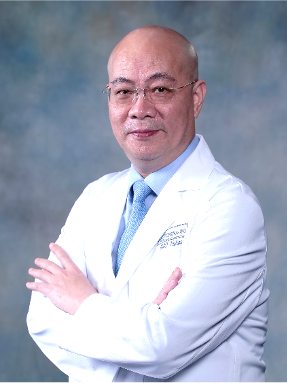
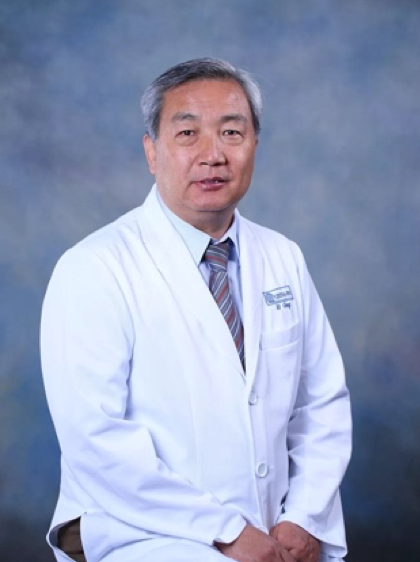
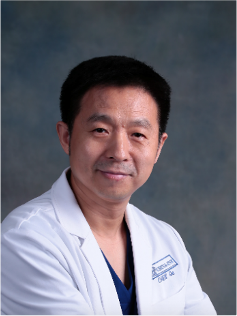
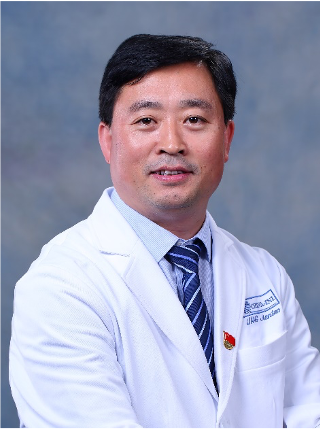
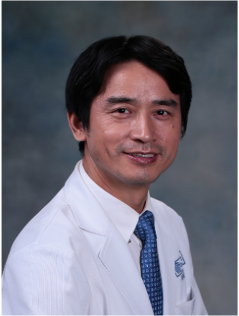
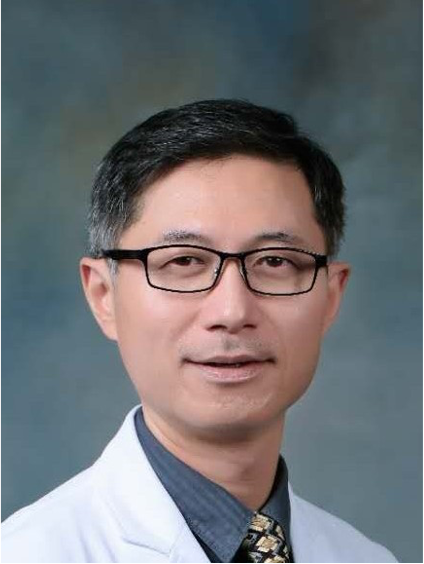
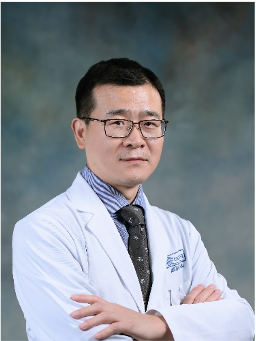
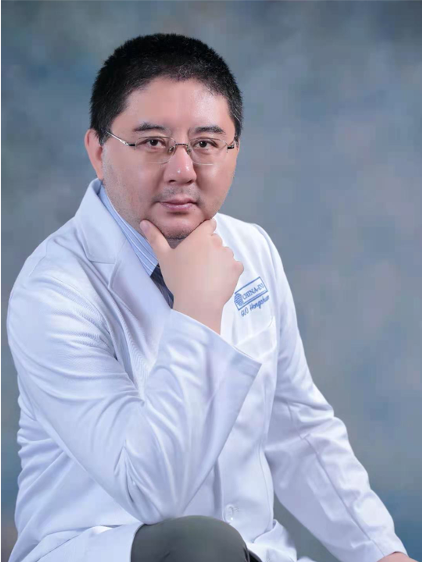
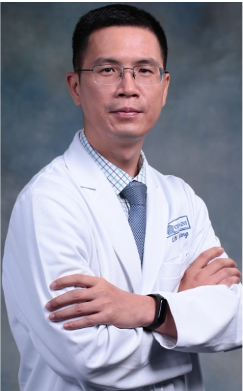
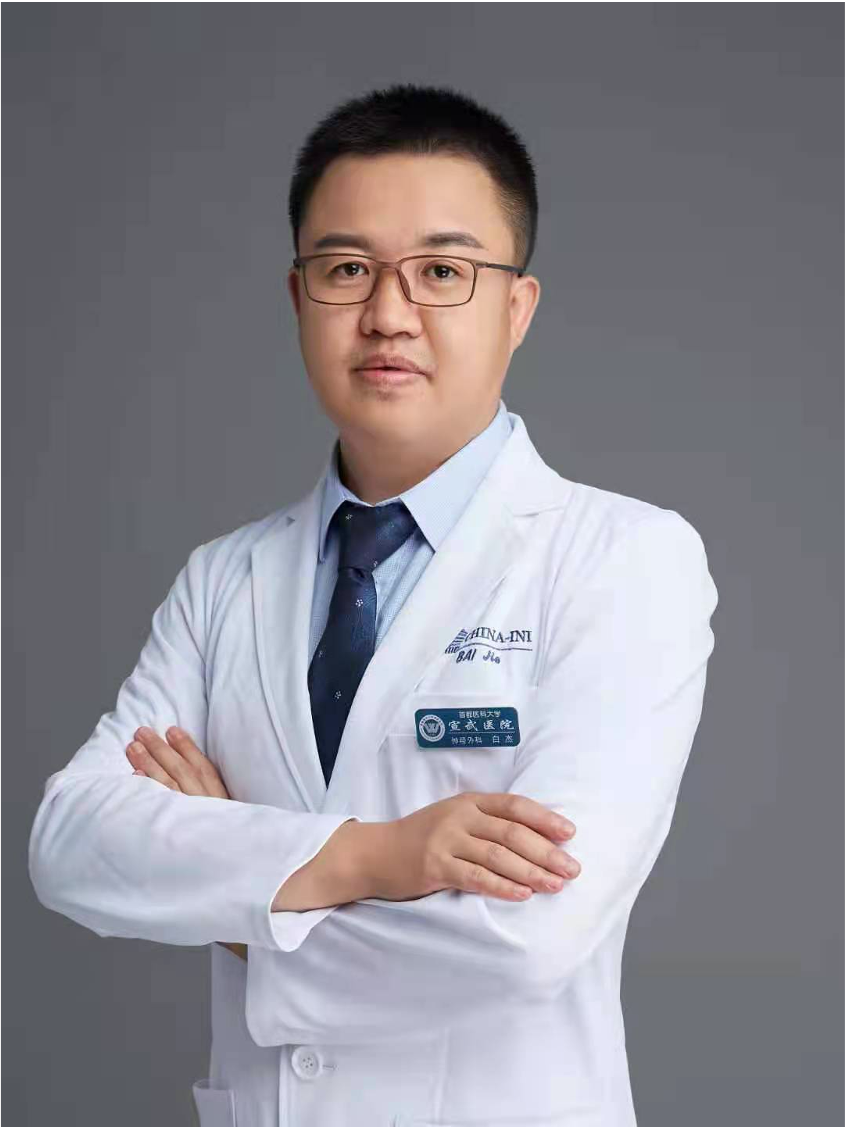
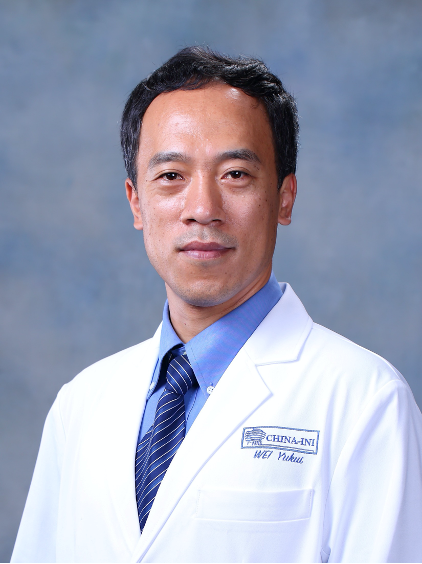
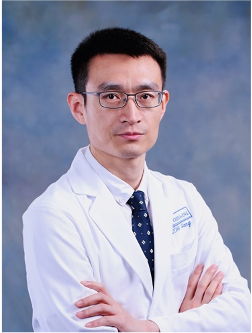
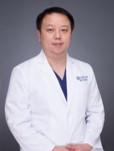
Any use of this site constitutes your agreement to the Terms and Conditions and Privacy Policy linked below.
A single copy of these materials may be reprinted for noncommercial personal use only. "China-INI," "chinaini.org" are trademarks of China International Neuroscience Institute.
© 2008-2021 China International Neuroscience Institute (China-INI). All rights reserved.